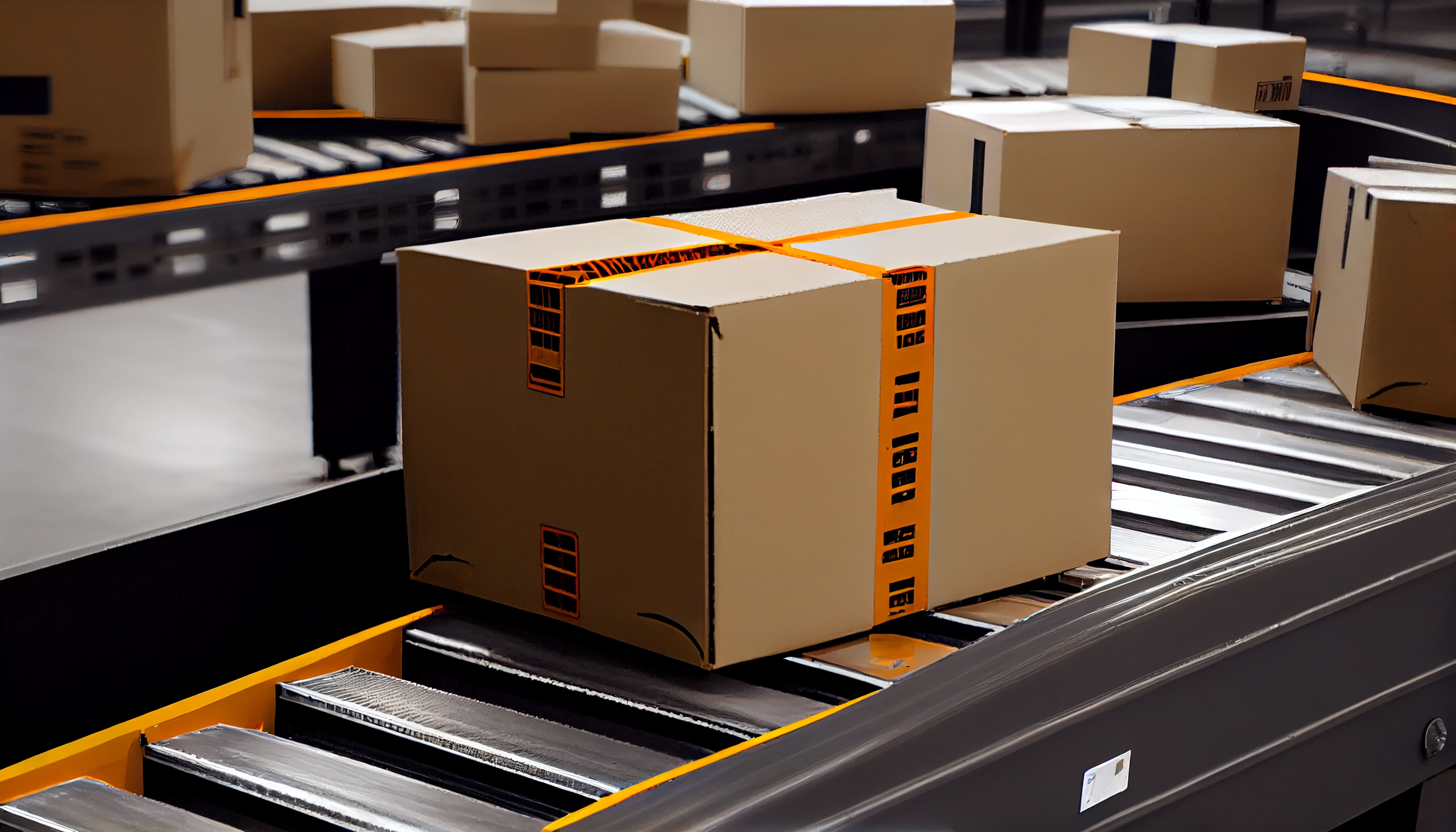New Approaches in Logistics: Digital Transformation Based on Networks

In recent years, the logistics sector has been rapidly changing due to the growth of global trade and evolving customer demands, along with the adoption of digital technologies. The shift from traditional logistics approaches to network-based digital transformation allows for more agile, efficient, and transparent operations. In this article, we will explore the changes brought about by network-based digital transformation in logistics and the benefits of this new approach.
What is Network-Based Digital Transformation?
Network-based digital transformation refers to the integration and optimization of logistics operations through digital technologies across various platforms. This approach relies on the use of smart, network-based platforms that connect various supply chains, transportation methods, warehouse management systems, and customer relations. The goal is to accelerate data exchange, increase operational transparency, and make more efficient use of resources.
Digital Technologies in Network-Based Logistics
Internet of Things (IoT)
The Internet of Things (IoT) forms the foundation of network-based digital transformation in logistics. IoT devices enable real-time data exchange between warehouses, vehicles, and other logistics elements, allowing for continuous monitoring of each object. This enables tracking of shipments' temperature and location, while also alerting in case of any delays or issues. Additionally, IoT devices make logistics operations more flexible and secure.
Cloud Computing
Cloud computing allows for more effective management of logistics operations over networks. Through cloud systems, data is stored and shared in real time, allowing for faster processing, analysis, and decision-making. The application of cloud technologies enables logistics companies to manage operations more flexibly, while accelerating data exchange among employees.
Blockchain Technology
Blockchain is another essential technology ensuring transparency and security in logistics. Blockchain enables the tracking and documenting of every stage of the supply chain. This technology ensures secure and transparent records of product movement, payments, and other transactions. Blockchain also prevents fraud and enhances the accuracy of operations.
Artificial Intelligence and Machine Learning
Artificial intelligence (AI) and machine learning play a key role in optimizing logistics operations. These technologies analyze large datasets to better determine transportation routes, inventory management, and maintain supply-demand balance. AI also helps predict shipments and assess probabilities, ensuring more efficient use of resources.
Benefits of Network-Based Digital Transformation in Logistics
Transparency and Security
Network-based digital transformation increases transparency by enabling real-time monitoring of logistics operations. Every stage of the process can be tracked, and any delays or issues can be quickly identified and addressed. Blockchain technology further enhances security, preventing fraud and ensuring the accuracy of transactions.
Efficiency and Better Resource Utilization
Digital transformation makes operations faster and more efficient. Transportation routes are optimized, and warehouse management is more agile and effective. Digital technologies also ensure better utilization of resources, as decisions are based on data, allowing for more accurate and efficient use of resources.
Customer Satisfaction
Network-based digital transformation enhances customer relations by offering more transparency and responsiveness. Customers can track their shipments in real time and receive immediate notifications in case of any issues. This improves customer satisfaction and strengthens the company’s reputation.
Smart Management and Decision-Making
Real-time data collection and analysis enable smarter management and decision-making. Logistics companies can make more accurate and appropriate decisions based on data, allowing for better management of operations and greater agility and efficiency.
Network-based digital transformation in logistics makes the industry more agile, efficient, and secure. Operations integrated with digital technologies not only enhance customer satisfaction but also optimize processes and ensure transparency. In the future, these digital approaches will be more widely applied in logistics, leading to continuous growth and improvement in the sector.






